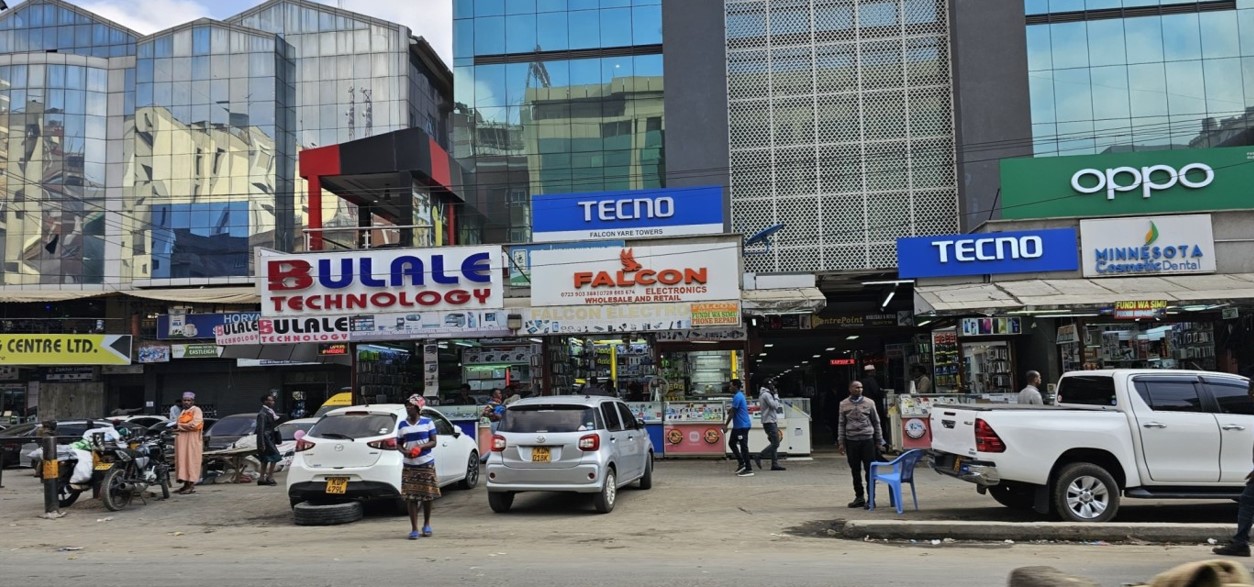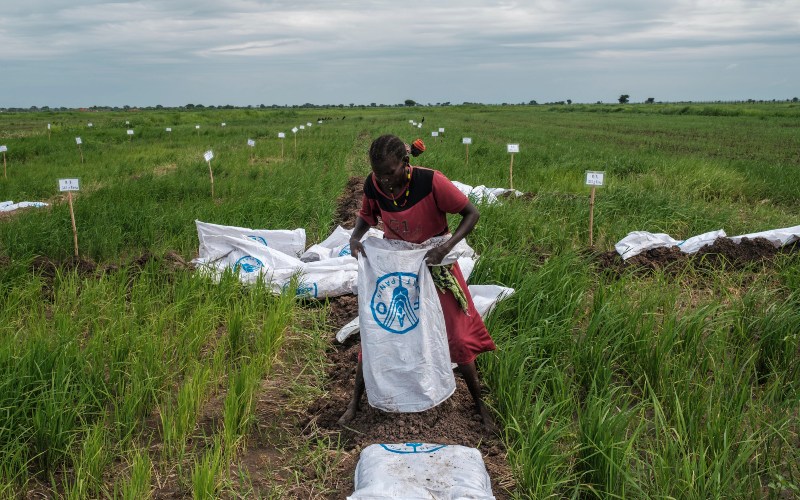Private sector activities rise to a 27-month high in April on strong customer demand

Job creation also quickened in the period under review, the strongest observed in nearly one year, as firms looked to ease pressure on workloads.
Growth momentum in Kenya’s private sector accelerated further in April, marking the seventh consecutive month of strengthening business conditions since October last year.
The Stanbic Bank Kenya Purchasing Managers' Index (PMI), which gauges the level of private sector activities, rose to 52.0 in April from 51.7 in March.
More To Read
- FAO index shows decline in global food prices, except cereals
- World Bank warns political interference weakening Kenya’s state-owned enterprises
- Kenya’s private sector posts fastest growth in five years on soaring demand
- KNBS data shows uneven food price shifts as inflation dips slightly
- World Bank upgrades Kenya’s growth outlook to 4.9 per cent, warns of elevated risks
- CBK targets Sh40 billion in new Treasury bond auction
Readings above 50.0 signal an improvement in business conditions from the previous month, while readings below 50.0 show a deterioration.
The record is the highest level ever posted since January 2023.
“Strengthening customer demand led to the fastest rise in new work in over three years, prompting a solid expansion in output and steep growth in purchasing,” the PMI report reads.
Job creation also quickened in the period under review, the strongest observed in nearly one year, as firms looked to ease pressure on workloads.
Anecdotal reports suggest that hiring was largely focused on temporary staff.
New orders expanded at the fastest rate since February 2022, as companies reported a sharp upturn in demand and additional sales from marketing.
Robust gains were observed across the services, agriculture and construction sectors, contrasting with lower sales in manufacturing and wholesale and retail.
As was the case in March, strong new business growth encouraged a solid expansion in overall activity during the month.
Notably, just over a third of surveyed businesses (34 per cent) registered an increase in output, with some noting a positive impact from increased customer movement and subdued cost pressures.
In line with the new orders trend, purchases of inputs increased to the greatest degree since February 2022.
This is as firms raised their input buying to meet rising workloads and boost their inventories.
Subsequently, stocks grew at a modest pace that was the quickest since last October.
Nevertheless, the latest survey data signalled a modest increase in input costs in the period under review as the rate of inflation was the highest for three months, but mild compared to the survey's history.
Purchase costs rose, as businesses highlighted some supply shortfalls and increased taxation, although most survey respondents reported no change from March.
Christopher Legilisho, Economist at Standard Bank overly said the April PMI implies a steady return to growth at the start of Q2, 2025.
Looking ahead, the survey reveals that business expectations saw a slight recovery in the month under review, although they remain among the weakest ever recorded.
Just five per cent of firms expect output to grow over the next 12 months.
Top Stories Today













































